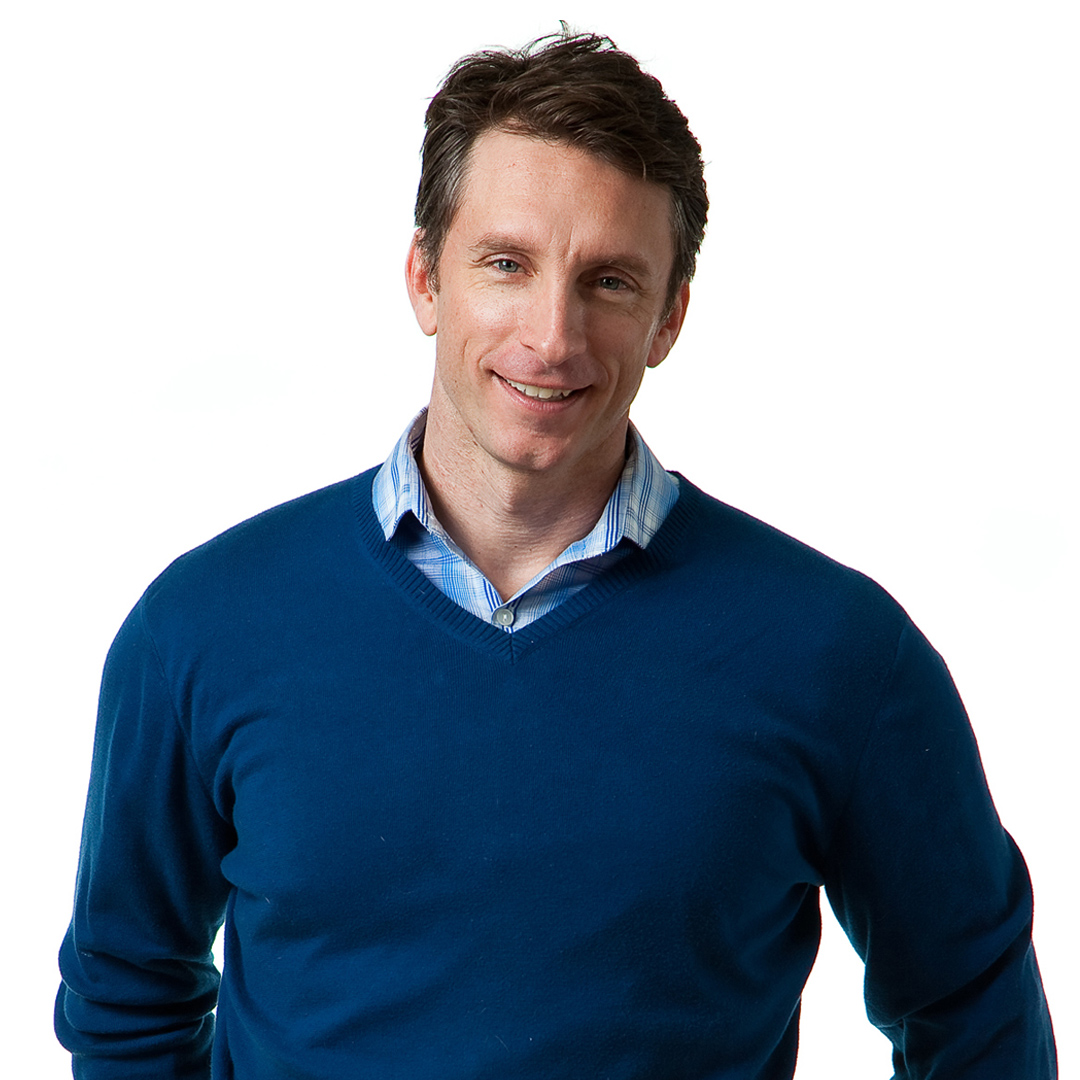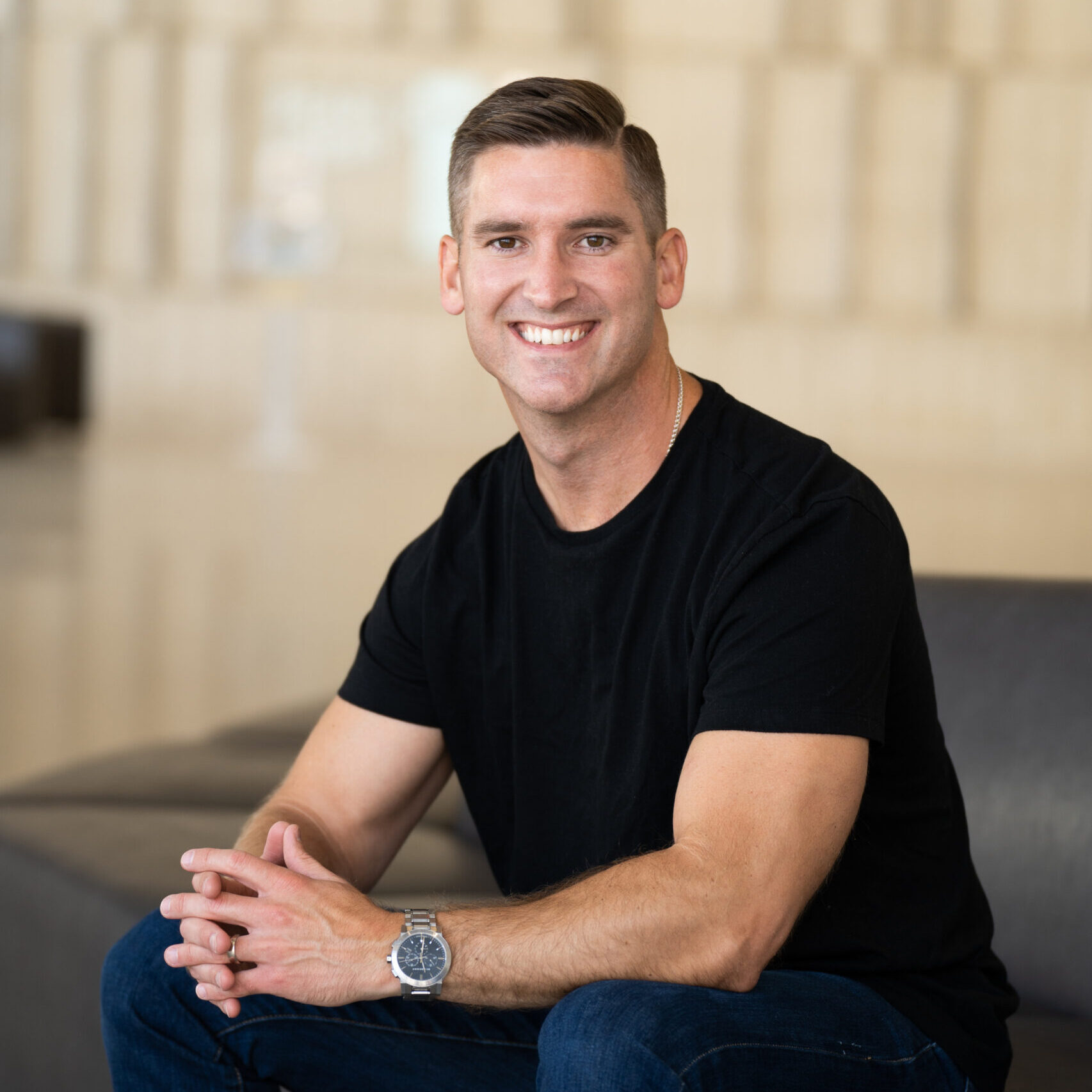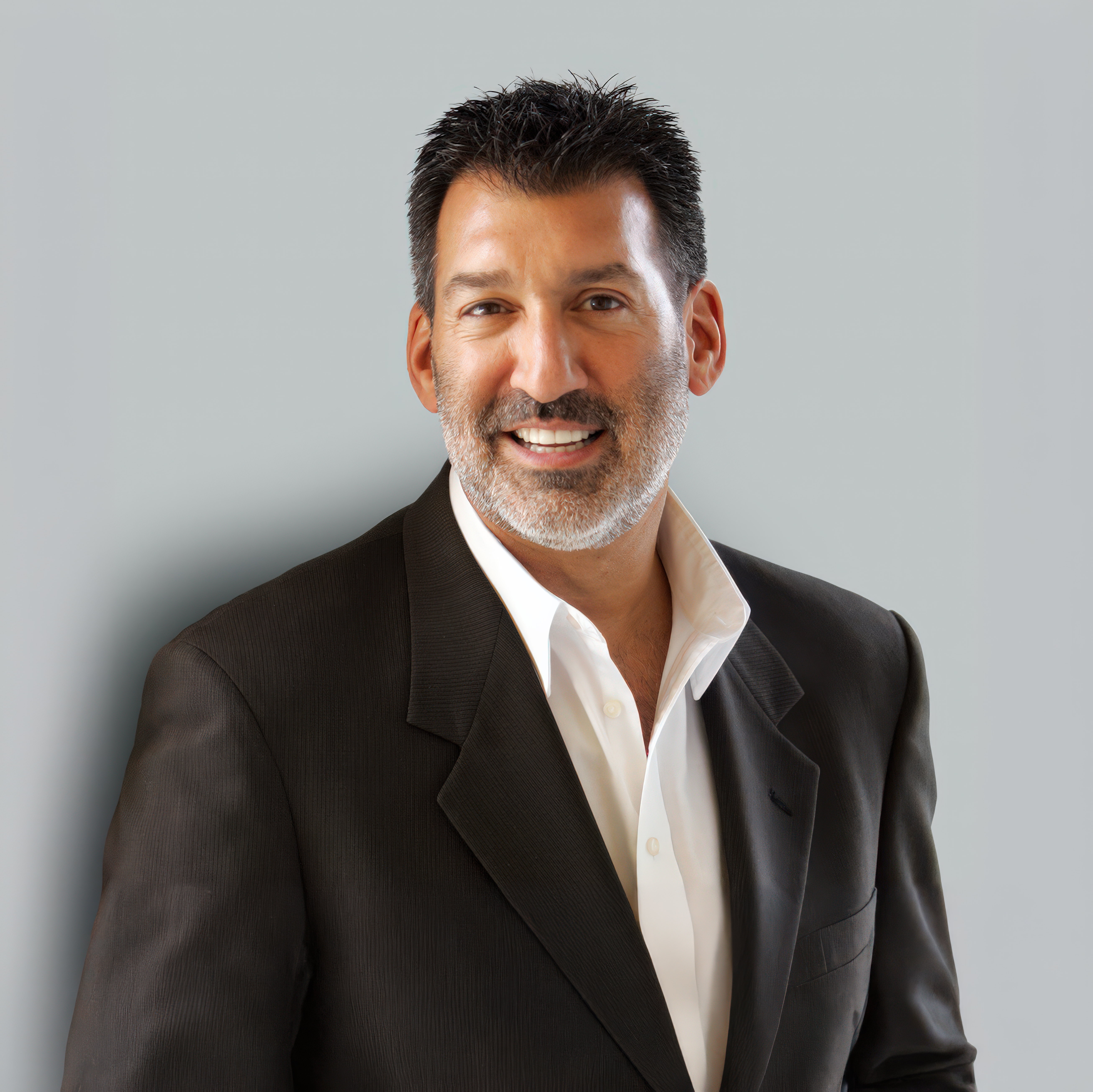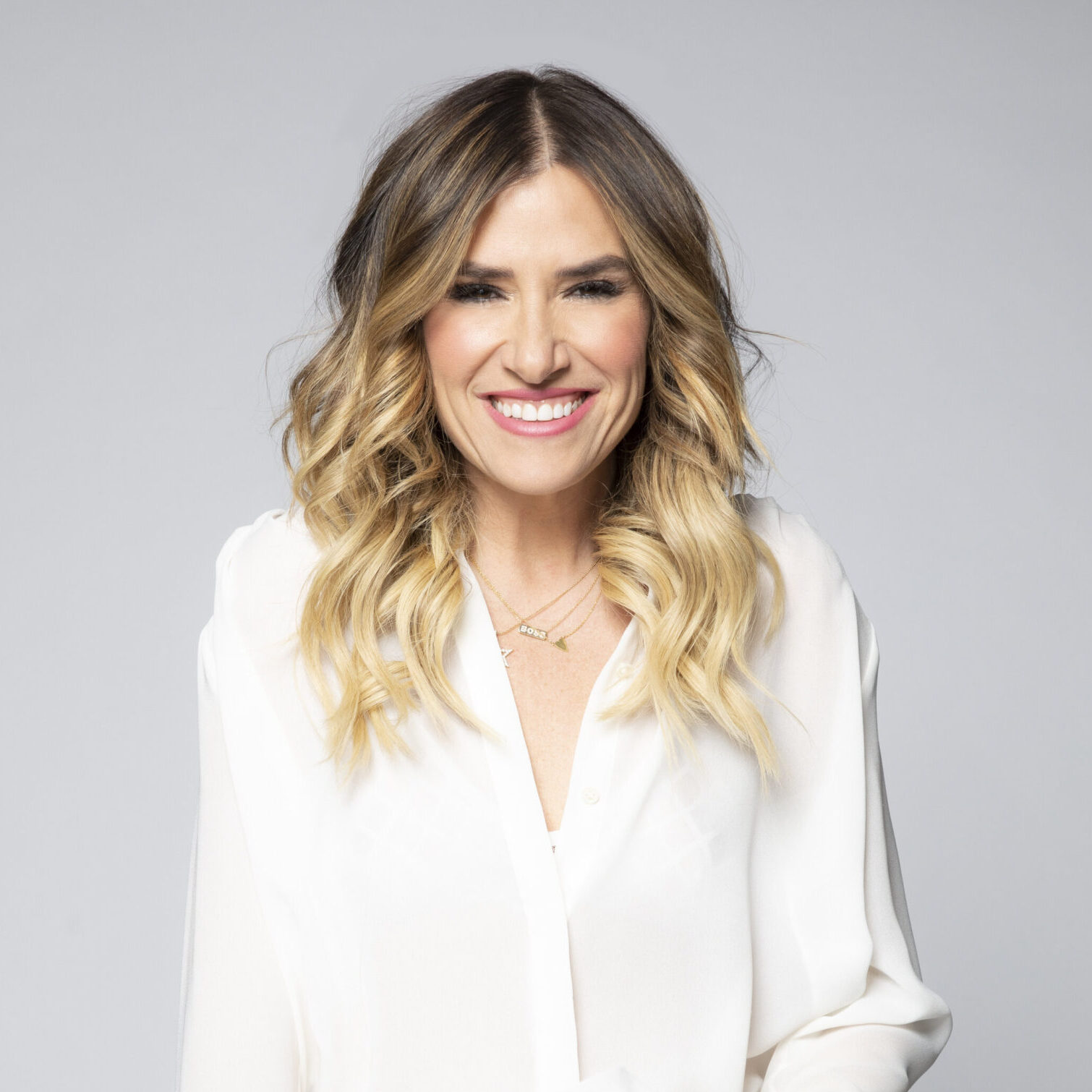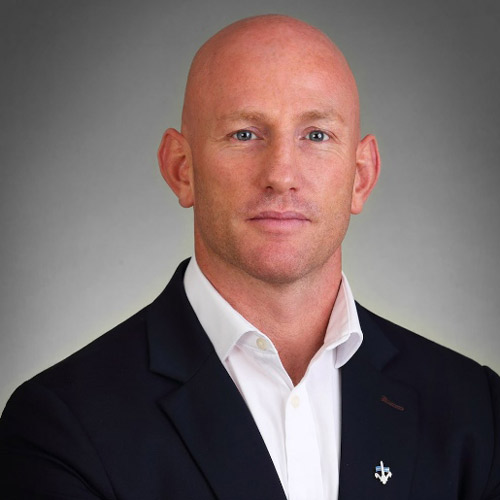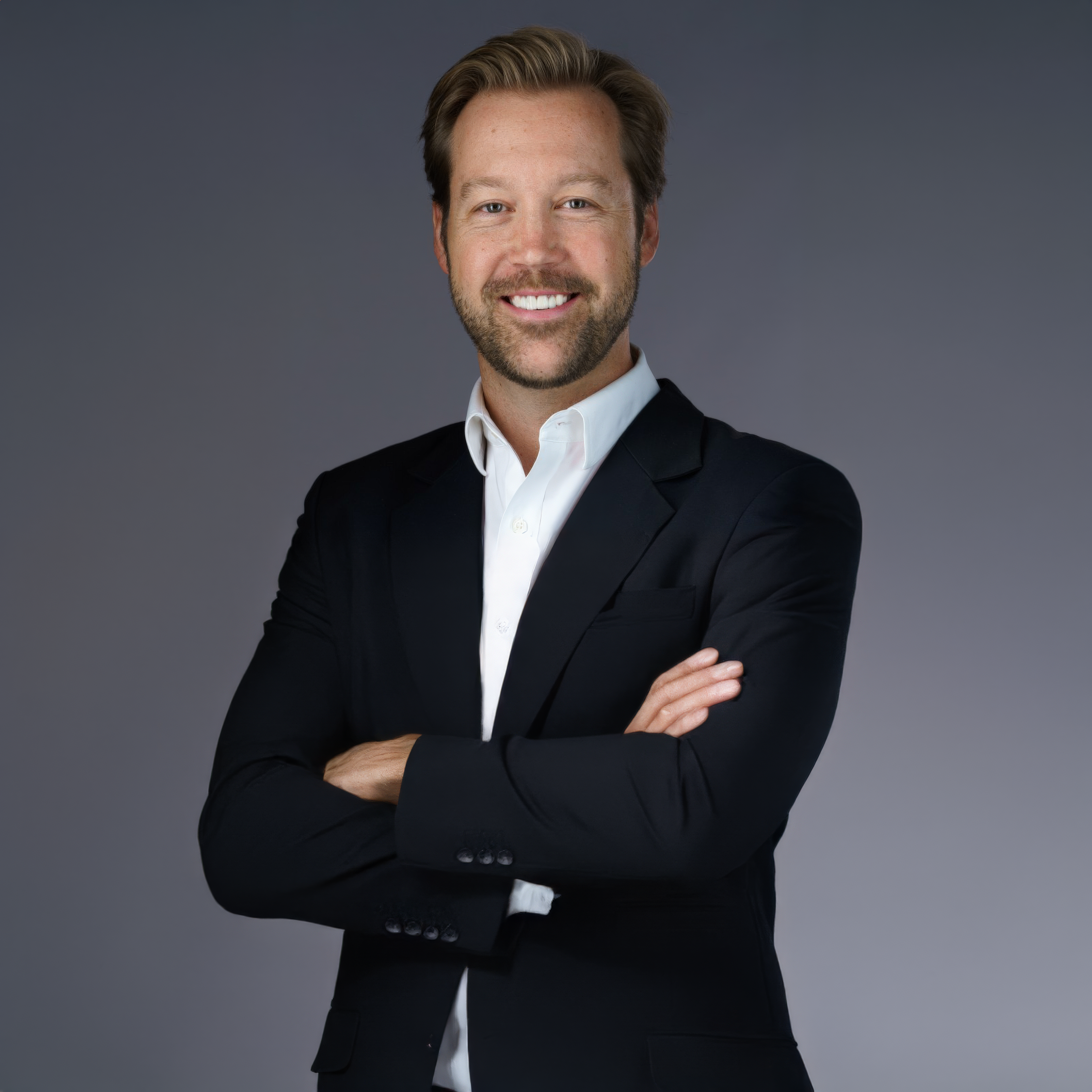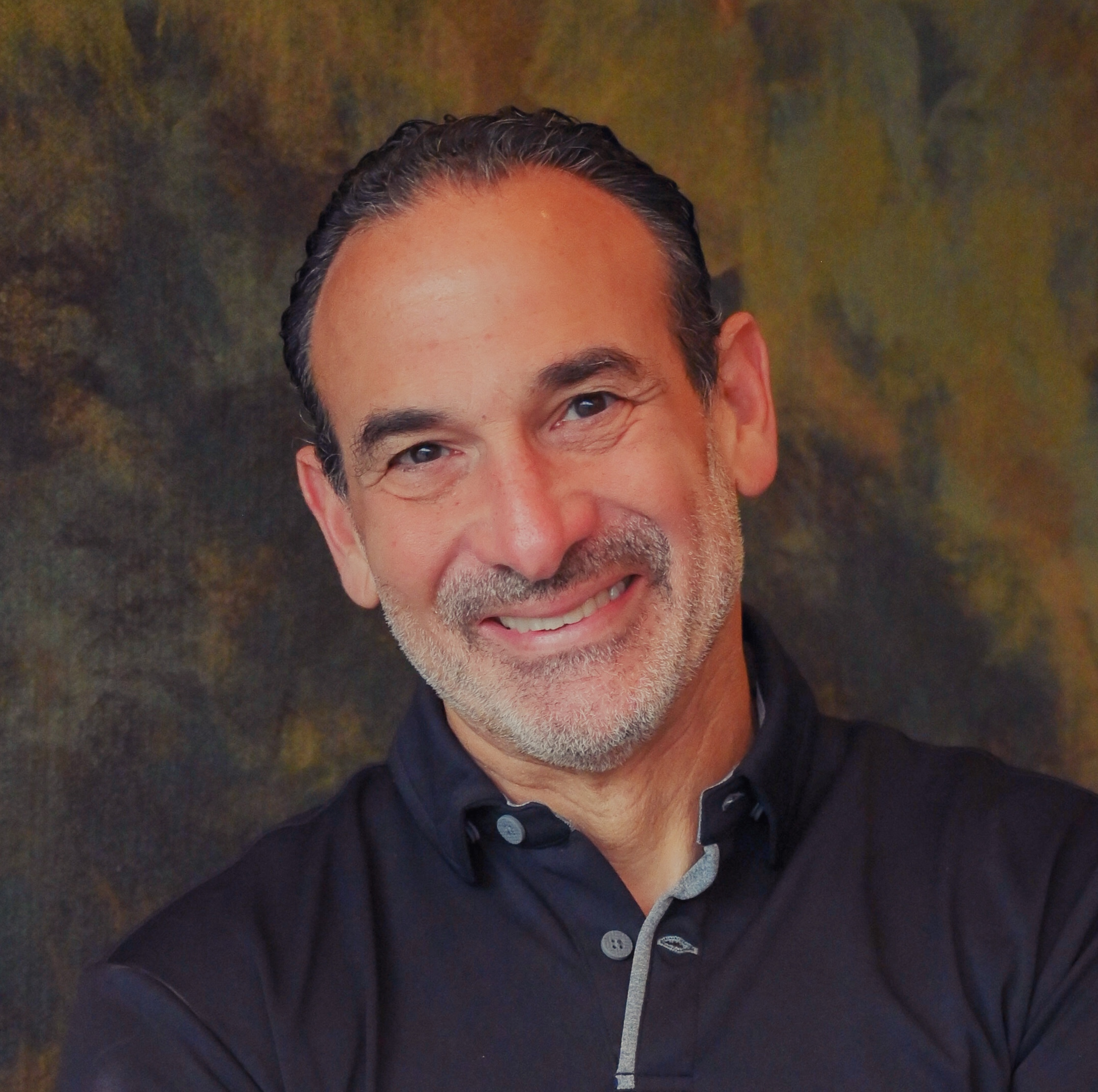MM: (00:06)
[Inaudible]
RV: (00:09)
Hey, Brand Builder Vaden here. Thank you so much for tuning in to listen to this interview, we are so excited to bring you this information and wanted to let you know that, Hey, there’s no sales pitch coming from anything that we do with this is all our value add to you and the community. However, if you are somebody who is looking for specific strategies on how to build and monetize your personal brand, we would love to talk to you and we offer a free call to everyone that’s interested in getting to know us and is willing to give us a chance to get to know them and share a little bit about what we do. So if you’re interested in taking us up on a free strategy call, you can do that at brand builders, group.com/summit. Call brand builders, group.com/summit. Call, hope to talk to you soon on with the show.
RV: (01:03)
Mike Michalowicz is a new friend of mine, and he is a friend of friends. I actually met him at a mastermind group here in Nashville, and ever since we’ve, we’ve kind of been circling a couple different groups of, of authors and some mutual friends, Donald Miller, John Gordon, but he is the author of a huge best-selling book called profit first. And it is a long what we would call and referred to as a long tail bestseller, which are the books that I really, really respect the most. He also wrote a book called clockwork surge, the pumpkin plan, and then his newest books newest book is called fix this next. So he’s a writer, he’s a personal brand, but he also by age 35 had built and sold two companies. So one to private equity and another to a fortune 500.
RV: (01:59)
So he has the experience of being an entrepreneur and being a personal brand and writing about it. He used to also write for the wall street journal. He’s done a lot with business make-over special as a, as a business makeover specialist on MSNBC. And he’s just a great guy. So anyways, Mike, welcome to the show, Rory, thank you for doing this mask. It’s good to be here with you. So can I ask you about profit first because you know, I kind of, you know, tongue and cheek referred to myself as, as you know, a best-selling author, but I’m always been jealous of the people who sell, who have the books that sell week-in and week-out hundreds of thousands of copies every single week and profit first. It just, it is that book in, in the space of entrepreneurs. How did you, how did that happen?
MM: (02:54)
So, yeah, it’s a great question. I think what, how it happened. So first of all, let me qualify. You know, sellers become so bastardized. Like that’s the one thing I avoid. I got, well, I like now is a perennial popularity. Like, can you have something that’s perennially popular? And to do that when I was running profit first,uI wrote the book and I have this actually on my wall. I asked certain questions to myself. The first question is, will this concept be relevant 100 years from now? And because it’s for longevity, meaning if I wrote a book on like, you know how to advertise on Facebook, the longevity can be six months before they changed the engine again. And that would not qualify for what I’m looking to do. Uand then I put this, does this where on the Maslow’s hierarchy of needs is this so financial security is, is right there at the base level, needs up there with a breathing air and drinking water and eating food.
MM: (03:49)
So I determined where it is on there. And then probably the most important thing is, do I have a concept that is as fresh or new and perspective? So it’s this it’s this, maybe it’s the same old story, but told in a way that hasn’t been told before, or maybe it’s a new application, something that’s established and profit first is the pay yourself first system. So it’s not a new concept, but that’s always been in personal finance. I think it’s the first book that translated to business finance. So what I saw as it had life address a core foundational need for humanity, and it was, it was something that was was foundational in its execution. It was something that would work and that I think contributes to why it continues to sell.
RV: (04:34)
So that, did you, so talking about that, so one of the things that we described as thought leadership is kind of forwarding the thinking that has been done now advancing the conversation, not just regurgitating it. And what you just said was interesting. You said, it’s the pay yourself first concept, which is a concept that’s existed in personal finance, but you kind of brought it to the entrepreneurial community. Did you do that deliberately? Like, did you actually have that thought of like, Oh, this is a great concept over here that I should bring over here or was there,
MM: (05:07)
You know, what’s so funny in hindsight, so clear it’s like, of course that’s I saw that and I didn’t think about it. Maybe. I didn’t, I’ll say I conceived it was, I needed it for myself. So I was an entrepreneur. You should, you know, you share all the highlights. Really there’s more low lights than highlights and that’s true forever entrepreneurial story. It was in the low lights. I’m like, I was so frustrated. I couldn’t consistently make money. I couldn’t retain it. And I built and sold a couple companies. Yeah, fine. But those companies were never fiscally healthy. I did a really job running those. I was lucky in hindsight to sell those companies really? Yeah. Oh totally. I’m right place, right. Time. Right. Need from the acquirers. But not that they’re like, Oh my God, this guy is a genius. Uthat, that, and other things woke me up to my gosh.
MM: (05:54)
I’ve got to figure this out for myself. So once I had it figured out, I for myself, I said, Oh, this may translate to serving other people. I base it for myself on the payer self source system. Like, you know, how do you make money? How do you save money? And all these methods came up with think and grow rich richest, man in Babylon, you know, books and concepts from hundreds of years ago. And I was like, Oh, I need this personally. But by income sources, my business, let me apply to my business. I started doing it there. Once it started becoming, once it start getting traction for myself, I wrote an article in the wall street journal. And that’s when people started saying, Oh my gosh, I’m doing this. Where’s the book. So that brought about the book. It wasn’t such a deliberate, Oh my gosh, I’m taking an idea here. I’m moving here. I get this kind of, kind of to forming clay. It became that.
RV: (06:43)
So talking about the company. So this is important too. So how do you think the profit first? So not, not the book, but the actual concepts in the book. How do you think those apply to personal brands? Or can you talk about that? Because you know, a personal brand is interesting. It’s like you are both a personal brand and you are an entrepreneur. And so that I think is something that, you know, it’s amazing people talk about how many followers they have or how much revenue they do in launches, how much their speaking fee is. But in reality, how much are they actually keeping can be very, very little shockingly little. Yeah.
MM: (07:18)
Yeah. And it does it, does it add stuff matter? I remember when Twitter was getting popular, a, a, a person of influence in the Twitter realm was bragging effectively about the number of followers they had. And this person said just referenced your Twitter handle. You’re about to get X number of followers dot, dot, dot you’re welcome or die. You’re welcome. And does it really matter? I think at the end of the day, when it comes to financial viability, it’s how much money you’re retaining. So I would say profit first absolutely applies, listen, you may have one follower on your Twitter handle and they send, they spend $50 million with you. Here are the winner
RV: (08:02)
Winner, the winner.
MM: (08:04)
So I don’t know if those numbers matter. I listen and I try to get over my big fat ego constantly. It gets to my eye. And so if I have X number of followers, I’m like I only got mad at God and I’m comparing myself. I fought that same stupid game by realize at the end of the day, only thing that matters is for my business to continue, it needs to be financially viable. And the only, the only factor for that is profitability. If there is no money to live by and the businesses done, it’s all done. So profit first applies. It’s a system of as all these different sources of influence you have, as it becomes monetized, how much are you retaining, which then supports the longterm viability of the company. And also by the way, financial freedom for ourselves, like a profitable company, supports a profitable lifestyle, a lifestyle where you don’t have to worry about bills and you can be very comfortable. And then, you know, when you have that confidence, you can be even of greater service to your clients and followers.
RV: (09:03)
And so what do you think are some of the big mistakes that, that entrepreneurs make, if you can specify them to personal brands like you know, but this is also financial advisors, professional services, direct sales, like these kind of like very micro entrepreneurs and solo preneurs. What are some of the financial mistakes they make that compromise that, that viability or that financial health?
MM: (09:28)
I think, I think the, the lead bait concept is, is misunderstood, are MIS poorly executed. I should say. I think people go too far with it. So I’m very biased toward books, you know, you and I, and a group of authors had a call yesterday, actually just exploring how books work and stuff. And like, that’s, I thirst to understand that stuff. And I think some people publish books as lead bait, but a book, at least from my purview is, is something that has a permanent as permanent as it sticks as a historical document. That for whatever reason, when you say something in the spoken word versus the written word, the written word is seen as gospel. And the spoken word is seen as, as you know, flighting or fleeting. And I think some people put books out there and say, this is my lead bank, you know, free bucks spend $7 for shipping and you get my book.
MM: (10:22)
And I don’t realize, I don’t know if they really appreciate that, that book when someone receives it, it’s going to sit on the shelf for a lifetime. And if it isn’t the best, if you didn’t put your, every blood, every drop of blood, sweat, and tears and soul into it, you’re compromising your brand on the longterm. So it’s a short-term window. I can plop a book on a table and say, look how knowledgeable I am. But when people start to consume this, you actually maybe compromise your brand longterm, short financial gain for long-term financial agony. Then you, then you gotta just keep on kind of popping. Like what’s the new lead bait I can do. I think we give away when we give away free stuff, we’re giving it.

